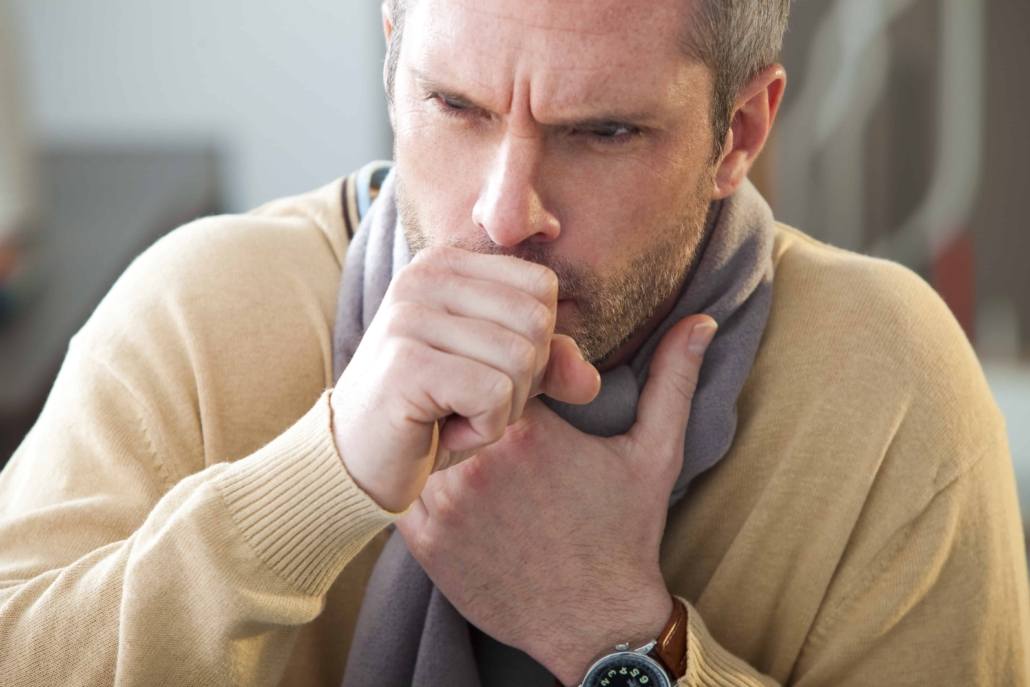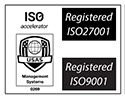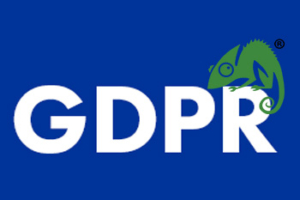As more and more cases of the Coronavirus known as COVID-19 are being discovered in the UK, it is our internal responsibilty to ensure we understand as much as we can to help prevent the spread of the virus.
Washing Your Hand Correctly Helps Prevent The Spread Of The Coronavirus
Whilst At Work At Chameleon Think and Help Prevent Spreading The Virus
When entering the office it is important to consider others and if you feel unwell consider if you should be coming into work. If you have a cold it may be nothing more than a common call and not at all related to the Coronorvirus, however we ask that you think about if coughing you ensure that you follow the guidelines to prevent spreading germs.
Booked Holidays – Impact For Travelling
If you’re concerned about the impact of the COVID-19 outbreak on your existing travel plans, check with your airline, tour operator, cruise line or other transport and accommodation providers as applicable. Individual providers may also have their own requirements for customers or passengers to meet.
Entry restrictions
Many countries in Asia and some further afield have introduced screening measures and entry restrictions at border crossings and transport hubs. If you have recently been in China or other affected countries, you may not be allowed to enter or transit, or you may be required to enter a period of quarantine after entry.
Screening measures on arrival may include temperature checks, and you could be asked about your general health or recent travel history. Where these checks identify a concern, further medical checks may be required.
Air travel
Some airlines, including British Airways and Virgin Atlantic, have suspended flights to and from China, or revised their schedules. Other flights in the region may also be affected. If you’re due to travel on an affected route, keep up to date with the latest information from your travel company or airline.
International cruises
Some cruise line passengers have experienced disruption to their travel as a result of measures taken by individual countries to combat coronavirus. The Cruise Line International Association (CLIA) has adopted an enhanced member health policy which all CLIA ocean member cruise lines are required to follow to address the coronavirus. This includes guidance on who should be permitted to board cruise ships. If you are due to travel on an international cruise, contact your travel company for the latest information.
Travel insurance
The Association of British Insurers (ABI) has produced information on travel insurance implications following the outbreak. If you have any further questions about your cover or would like further reassurance, you should contact your travel insurance provider.
Family or Friends Returning From Holidays
Be aware if family or friends are returning from holidays, have they been to locations identified as potential outbreak areas?
See the latest information and advice for the public on the outbreak of coronavirus from the Department of Health and Social Care.
This covers the current situation in the UK and abroad, and provides specific advice for travellers returning to the UK from:
- Mainland China
- Hong Kong
- Macao
- Cambodia
- Iran
- Northern Italy
- Japan
- Laos
- Malaysia
- Myanmar
- Singapore
- South Korea
- Taiwan
- Thailand
- Vietnam










